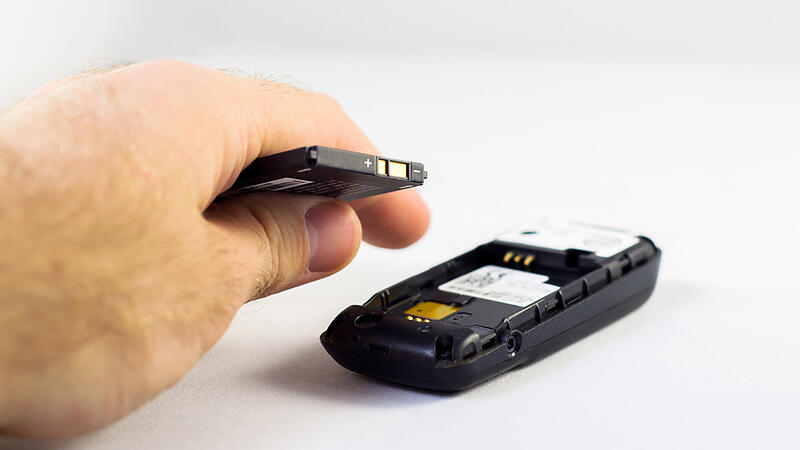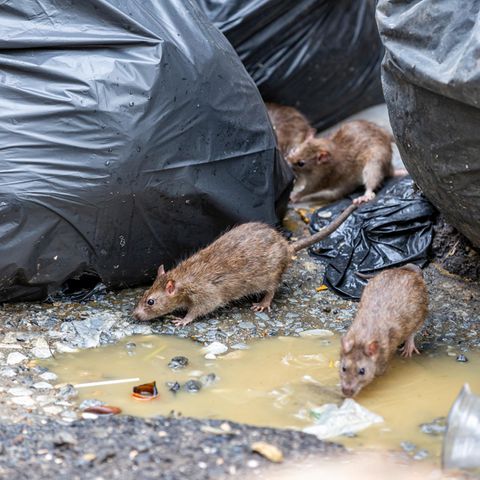Lithium batteries and accumulators disposed of in the residual waste not only pollute the environment, but are also dangerous according to the Road Safety Board (KFV) and the Association of Austrian Waste Management Companies (VOEB). However, only half of lithium batteries are disposed of separately. KFV and VOEB are in favor of an Austria-wide incentive system for battery recycling.
Lithium-based rechargeable batteries and batteries are found in most battery-powered household appliances. However, only a small proportion of it is properly disposed of at the end of its useful life. If batteries end up in the trash or are stored improperly, they pose a fire hazard and valuable raw materials such as aluminum, cobalt or lithium are lost.
According to a study, 41 percent of adult Austrians are in favor of a deposit system for lithium batteries, and 83 percent would then also pay attention to appropriate disposal. “Money for old batteries – that can only cause approval,” said VOEB President Gabriele Jüly. Batteries often end up in the residual waste simply because of a lack of knowledge. “In addition to the introduction of a battery deposit system, the population must therefore be comprehensively informed about the correct handling of old lithium batteries and accumulators. If they are disposed of incorrectly, they pose an intolerable danger for all our employees Property damage is enormous and poses a major challenge for the industry,” said Jüly.
The EU plans to introduce a fixed recycling rate of 70 percent for lithium and a whopping 95 percent for nickel, lead, copper and cobalt from 2030. The goal of KFV and VOEB is therefore to increase the collection rate for batteries from the current 45 percent to at least 75 percent by 2030.
The experts from KFV and VOEB agree that mandatory deposit and return systems are needed. A concrete incentive project, which is intended to motivate the population to dispose of old batteries correctly, is currently being planned.
Source: Nachrichten




